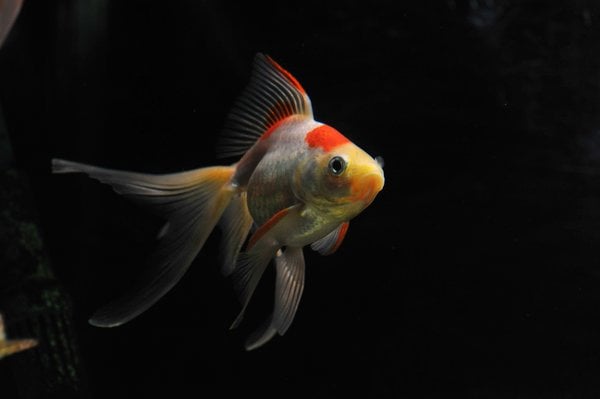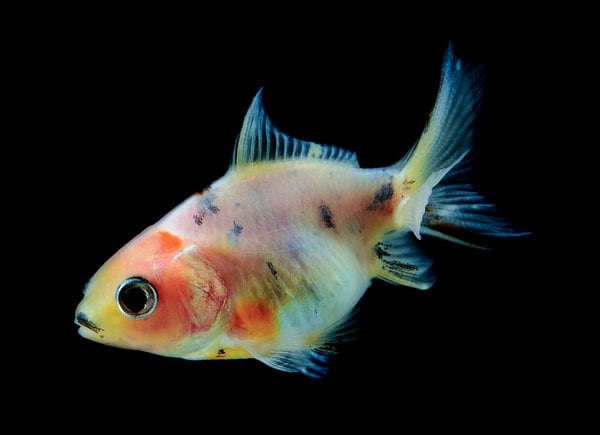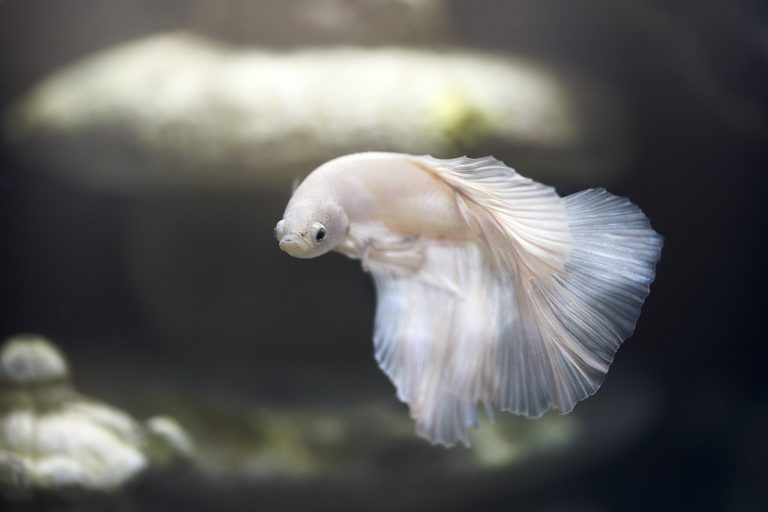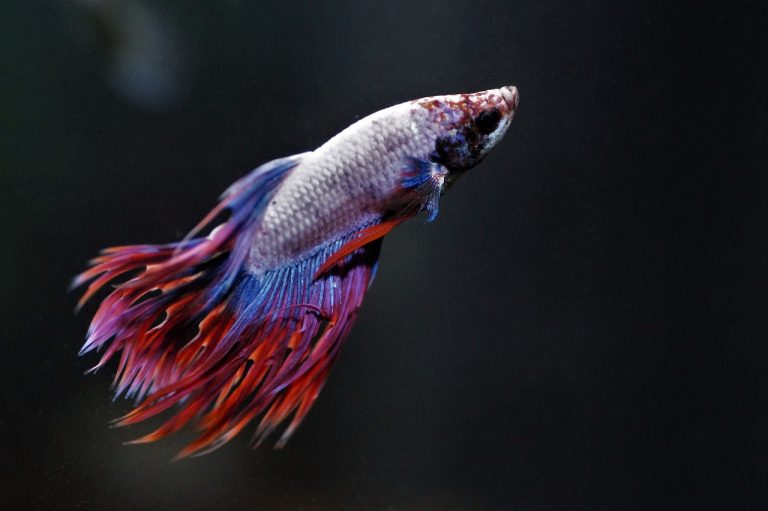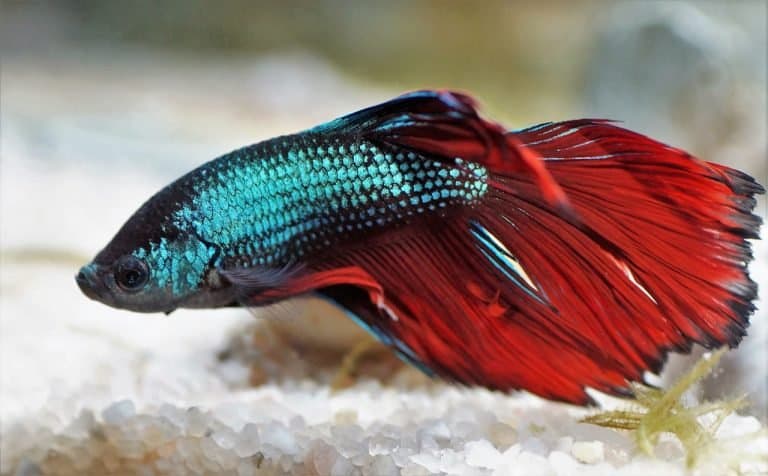Often overlooked by many Betta fish owners, tail biting can actually have serious consequences for the health of these beautiful fish. While it may seem harmless, this behavior can lead to infections, fin rot, and stress in Betta fish, ultimately jeopardizing their overall well-being. Understanding the implications of tail biting is crucial for anyone caring for these creatures, as it can be a sign of underlying issues that need to be addressed.
In this blog post, we will explore the potential risks and impact that tail biting can have on the health of Betta fish, as well as provide insights on how to prevent and address this behavior.
Key Takeaways:
- Stress: Tail biting in Betta fish can be a sign of stress, which can lead to a weakened immune system and increased susceptibility to diseases.
- Fin Damage: The act of tail biting can cause significant damage to the fish’s fins, leading to possible infection and open wounds that can result in serious health issues.
- Preventative Measures: Providing a well-maintained and stress-free environment, along with a balanced diet, can help minimize the likelihood of tail biting and reduce the risk of serious health issues in Betta fish.
The Phenomenon of Tail Biting
Obviously, tail biting is a concerning behavior in Betta fish that can have serious implications for their health and well-being. Tail biting, also known as fin nipping, occurs when a Betta fish starts to attack and bite its own tail, causing damage to the tail fin. This behavior can be distressing to witness and may raise questions about the reasons behind it and how to address it effectively.
Identifying Tail Biting in Betta Fish
Tail biting in Betta fish can often be identified by the presence of torn or ragged fins, as well as noticeable behavioral changes in the fish. In some cases, the fish may show signs of stress or discomfort, such as erratic swimming patterns or hiding in a certain area of the tank.
It’s important for Betta fish owners to be observant and proactive in identifying potential tail biting behavior so that they can take appropriate action to address it.
Causes behind Tail Biting in Betta Fish
The causes behind tail biting in Betta fish can be multifaceted and may vary from one fish to another. Stress, boredom, and poor water conditions are often cited as common triggers for tail biting behavior in Betta fish.
In some cases, underlying health issues or environmental stressors may also contribute to this behavior. It’s crucial for Betta fish owners to closely evaluate the potential causes behind tail biting in their fish in order to implement effective solutions and prevent further harm.
Health Risks Associated with Tail Biting
Assuming that a Betta fish is experiencing stress or boredom, tail-biting can lead to serious health issues. While it may seem like just a cosmetic issue, tail biting can have detrimental effects on the overall health and wellbeing of the fish. It is important for Betta fish owners to be aware of the potential risks associated with tail biting and to take proactive measures to address the underlying causes.
Physical Health Issues
When a Betta fish engages in tail biting, it can result in physical health issues such as open wounds, infection, and fin rot. When a fish bites its own tail, it can cause damage to the delicate fin tissue, leading to open wounds that are susceptible to bacterial or fungal infection. In severe cases, this can result in fin rot, a progressive deterioration of the fins that can ultimately lead to the loss of the tail altogether. Additionally, the stress and physical strain of tail biting can weaken the fish’s immune system, making it more susceptible to other illnesses.
Mental Health Issues
Aside from physical health issues, tail biting can also have negative effects on the mental wellbeing of Betta fish. Stress and anxiety caused by tail biting can lead to behaviors such as lethargy, loss of appetite, or aggressive behavior towards other fish in the tank. This, in turn, can further exacerbate the problem, creating a cycle of stress and aggression that can be difficult to break.
It is important for Betta fish owners to pay attention to the mental health of their fish and to provide a stimulating and enriching environment to prevent boredom and stress-related behaviors.
By understanding and addressing the health risks associated with tail biting in Betta fish, owners can take proactive measures to promote the overall wellbeing of their beloved pets. It is crucial to address any potential stressors or sources of boredom in the fish’s environment in order to prevent tail biting and its associated health issues.
Preventive Measures and Treatments
After understanding the potential health risks of tail biting in betta fish, it’s important for fish owners to explore preventive measures and treatment options to ensure the well-being of their aquatic pets.
Mitigating Stressors and Preventing Tail Biting
One of the key preventive measures for tail biting in betta fish is to mitigate stressors in their environment. This includes providing an appropriate tank size with adequate hiding places, maintaining proper water quality, and ensuring a balanced diet.
Additionally, it’s important to avoid overstimulating the fish, as this can lead to increased stress and potential tail biting. By creating a calm and comfortable habitat, fish owners can significantly reduce the likelihood of their betta fish engaging in harmful behaviors.
Treatment Options for Tail-bitten Betta Fish
If a betta fish has already fallen victim to tail biting, prompt treatment is crucial to prevent further complications. One of the primary treatment options is to carefully observe the fish for any signs of infection or inflammation around the affected area. If such symptoms are present, it is imperative to seek professional veterinary care.
In less severe cases, conducting regular water changes and keeping the tank environment clean can aid the fish in healing and prevent the development of secondary infections. Additionally, using gentle, natural remedies such as Indian almond leaves or aquarium salt can help promote fin regeneration and reduce stress in the affected fish.
Can Tail Biting Lead To Serious Health Issues In Betta Fish?
With this in mind, it is crucial for betta fish owners to monitor their fish for signs of tail biting and take steps to prevent this behavior. While tail biting itself may not directly lead to serious health issues, it can create open wounds that leave the fish susceptible to infection and disease. Additionally, tail biting may be a sign of stress or poor living conditions, which can negatively impact the overall health and well-being of the fish. By understanding the potential risks associated with tail biting, fish owners can take proactive measures to maintain the health and happiness of their betta fish.
